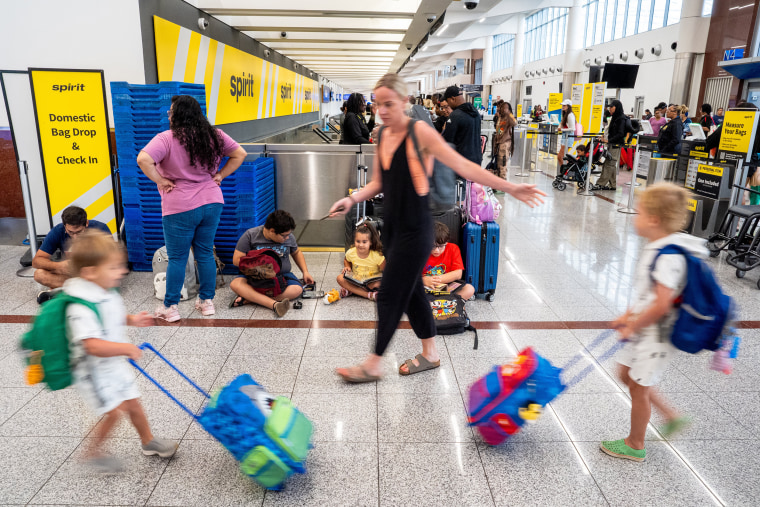As summer knocks on our doors, a multitude of American families gear up to hit the road in what is expected to be a record-breaking July 4 travel season. One of the propelling factors behind this sudden surge in travel is significantly lower gas prices. Coupled with a humming economy, this dip in fuel prices has endowed Americans with more discretionary income, making vacations more affordable and consequently, more frequent.
Consumer-friendly gas prices are increasingly being viewed as travel enablers. With the national average price for a gallon of gas nearing a four-year low, a road trip has never been more enticing. This has resulted in a drastic increase in auto travel, with Automobile Association of America (AAA) projecting that over 41.4 million Americans will be hitting the road on Independence Day. This constitutes approximately 85% of all vacationers, marking a 4.3% increment from the previous year.
These lower gas prices have certainly been a result of favoring conditions in the oil market throughout the previous months. Steady production levels, coupled with strategic reserves, have acted as robust price control measures. Further, the ongoing trade talks between the U.S. and China, two of the largest oil consumers, have helped keep prices at bay.
While the downtrend in gas prices has been an instrumental driver, the simultaneously humming economy cannot be overlooked. With low unemployment rates and steady wage growth, American families have experienced an inflated disposable income. This financial freedom has inevitably led to an increase in spending capabilities, with vacations becoming less of a luxury and more of a norm.
Particularly, the economic health has promoted a burst in air travel as well. July 4 is expected to witness a record-breaking number of 3.96 million air travelers, a remarkable 5.3% increase from 2018. It is anticipated that airlines will capitalize on this and add more flights to the most popular destinations to accommodate the overwhelming demand.
Tourist destinations, hotels and restaurants are expected to witness an impressive influx of customers, further invigorating local economies. Seaside areas, national parks and iconic landmarks are forecasted to be particularly busy, thus special planning and early bookings are advised for families embarking on their summer adventures.
Luxury travel is also anticipated to observe an upward trend. With the augmented income, people are no longer restricting themselves to budget accommodation and are indulging in four to five-star resorts. These high-end properties are offering attractive discounts and packages to lure travelers and are expected to witness high occupancy rates over the holiday.
Moreover, this increased travel is also expected to positively impact the auto rental industry. As per industry reports, travelers are increasingly opting for rental cars for their vacation, thereby leading to a thriving business opportunity for these companies. Consequently, rental firms are slated to procure more vehicles to accommodate this expanding consumer demand.
In essence, the July 4 travel season, catalyzed by lower gas prices and a buzzing economy, promises to be one of the most vibrant in history. The combined impact of these factors not only heralds an uptick in travel but also forecasts a ripple effect across related industries, further enhancing the economic scenario of the country. As Americans across the nation prepare to celebrate Independence Day, the roads they traverse will likely be teeming with others doing the same, proving the old adage that the journey can be just as enjoyable as the destination.




